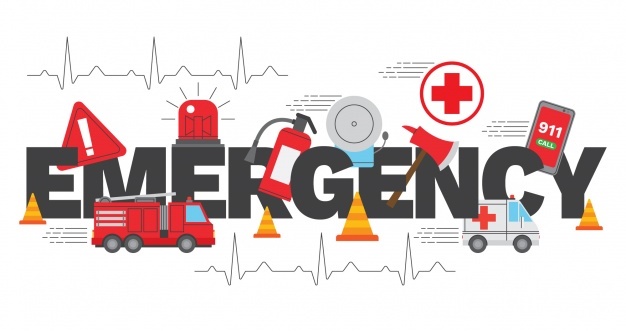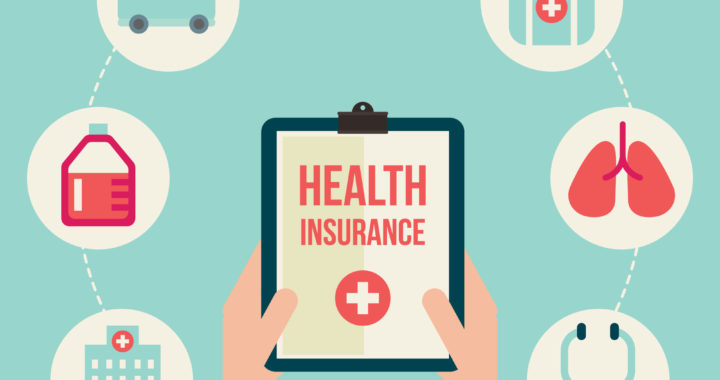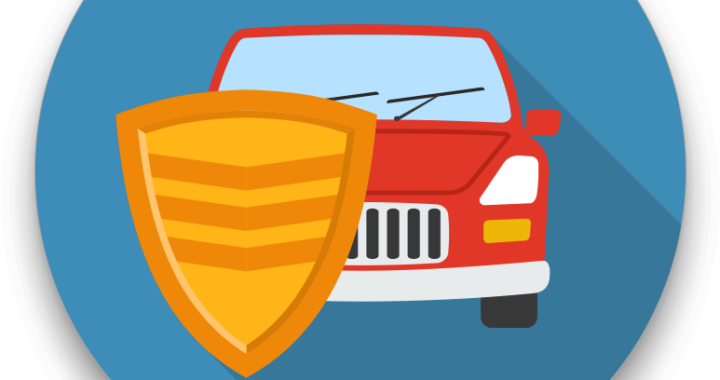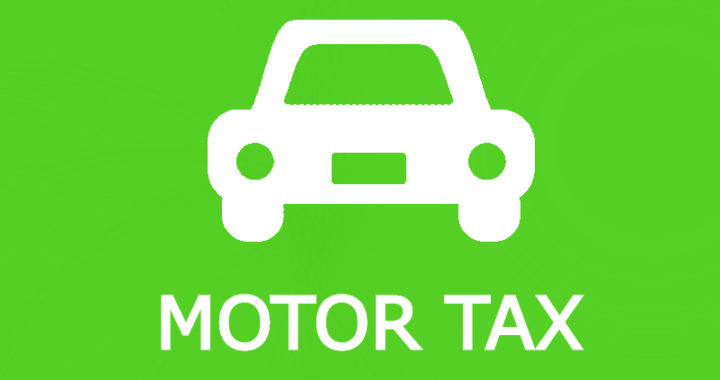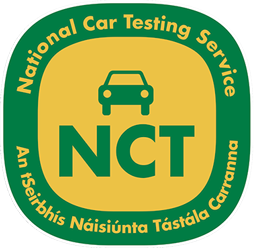Buying or Selling a Vehicle
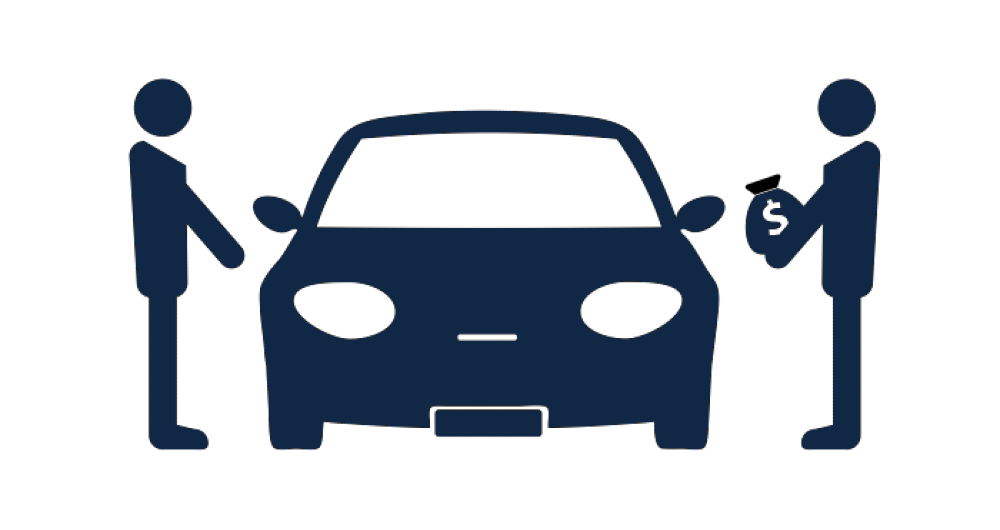
Buying a new car
Generally, all new cars and cars that are imported into Ireland are subject to Vehicle Registration Tax (VRT) and must be registered with Revenue. Before you can drive your car in a public place you must also:
- Have vehicle registration plates
- Have motor insurance
- Have paid motor tax
Buying from a car dealer
When you buy your new car from a dealer (for example, car showrooms), it is the dealer’s responsibility to register the vehicle and pay the required tax before giving it to you. Every new car is liable for Vehicle Registration Tax (VRT), which is payable when the car is first registered. The price of the vehicle should include the cost of VRT. There is more information on VRT in our document on importing a car.
Once the vehicle has been registered and the VRT paid, your car dealer will receive:
- A receipt for the VRT paid showing the registration number assigned to your car
- A Form RF 100 for use when you are applying for motor tax (see below)
Buying a used car
It is often a lot cheaper to buy a second hand car (even if it is only one or two years old) as the value of a new car depreciates very quickly. There are many different ways to buy a second hand or used car – here are the three main ways
- From a garage or car dealer
- At a car auction
- Through a small advertisement on the internet or in the papers
From a garage or car dealer
In this situation, you, as a consumer, are protected by the Sale of Goods and Supply of Services Act 1980 as you are buying a car for your personal use from a person whose normal business it is to sell cars. As a consumer, you have the same rights if you buy an item second hand as if it is new. In this case, if you find a fault with the car after you have bought it the dealer is the person who must set matters right. If you buy a commercial vehicle or a tractor from a dealer you may not have the same protection under the law. If you are offered an extended warranty on a used car think about the cost of the warranty versus the cost of repairs that the car is likely to need.
Sellers have responsibilities such as giving accurate and truthful answers to the questions you ask. Information on a seller’s responsibilities in car deals is available on the Competition and Consumer Protection Commission’s website.
At a car auction
Often you can find very good bargains at car auctions which are held quite frequently. However, the auctioneer cannot be held responsible for any defects found after you have bought the car. Auctioneers have terms and conditions for making sales and by bidding at an auction you are signifying that you accept these terms and conditions. Before you go into an auction ensure you know what these terms and conditions are and that you agree to them. It is important when buying at auction that you know what you are doing as there is little legal protection for the buyer of a car, or any other item, at auction.
Through a small advertisement
Vehicles are often advertised by private individuals on the internet and in the ‘small ads’ section of newspapers. If you buy a car from a small advertisement or on the internet from a private individual, you are generally not buying from a person whose normal business it is to sell cars (although sometimes used car dealers do advertise in this way). Again, in this case, you have very little legal protection if you find that the car that you have bought is faulty. It is therefore important when buying from a private seller to protect yourself from unscrupulous people. It may be worthwhile to employ the services of a trusted mechanic who may be able to advise you on the mechanical state of the car.
The seller is required to give you accurate and truthful information in answer to any questions that you ask. However, a private seller does not have to provide information that is not requested. If you have a grievance after buying a car you should complain to the seller first. If you are not satisfied with the response you may be able to take legal action against the seller.
How to apply
Before you buy a used car you can check the vehicle’s history online; there are a number of companies providing this service. If you have a problem with a used car that you have bought you should, in the first instance, bring the car back to the garage or dealer who should be able to repair any problems that you have. If you have done this and are still dissatisfied, you can then take your complaint further. If the dealer is a member of the Society of Irish Motor Industry you can use their Investigation and Complaints service. You need to contact the SIMI within three months of the fault becoming apparent.
The Competition and Consumer Protection Commission will give you information on what your rights are if you buy a faulty vehicle.
Change of vehicle ownership
If you sell your vehicle or trade it in for a new model, you must register the change of ownership. This is done in one of two ways and depends on whether the vehicle was first registered before or after January 1993. You register a change of ownership at your local Motor Taxation Office if your vehicle was first registered before 1 January 1993. If it was first registered after this date, the change of ownership must be registered directly with the Driver and Vehicle Computer Services Division of the Department of Transport, Tourism, and Sport.
Where your vehicle was first registered after April 2004 a new form of Vehicle Registration Certificate would have been issued. This replaced both the Vehicle Registration Certificate and the Vehicle Licensing Certificate issued for cars registered before April 2004.
Driving legally
To be able to drive the car in a public place the following is required:
- Legal vehicle registration plates
- Current motor taxdisc displayed on the windscreen
- Current motor insurancedisc displayed on the windscreen
- Current NCT certificate (if car is over 4 years old) displayed on the windscreen
Vehicle registration plates
Vehicle registration plates showing the assigned registration number must be displayed on your car within 3 days of the date of registration. The dealer should have the registration plates fitted by the time you take possession of it.
Vehicle registration certificate
The vehicle registration certificate for your car is issued by the Department of Transport, Tourism and Sport. This will be posted out to you after you have applied to your local motor tax office to pay motor tax on your vehicle.
Motor insurance
It is a legal requirement to have motor insurance and to display the insurance disc on the windscreen, if you want to drive your car in a public place. You will need your motor insurance details when applying for motor tax. Read more about the requirement for motor insurance here.
Motor tax
Motor tax is a charge imposed by the Government on motor vehicles. Not only must you pay motor tax if you want to drive your car in a public place, but you are also required to display evidence that you have paid (that is, a current tax disc) on the windscreen.
The charge for motor tax for a new car is based on the car’s CO2 emissions and on engine size for other vehicles. Some vehicles are exempt. Read more about the requirement for motor tax here. You cannot tax your vehicle until the registration of the change of ownership has gone through. You can check the status of the vehicle on motortax.ie. You can then renew the motor tax on the vehicle using Form RF100A or online. If the motor tax has already expired, you are not liable for the arrears period from the expiry of the last tax disc to the end of the month immediately preceding the date of sale. See document on motor tax.
Tax reliefs and exemptions
There are different reductions, reliefs, and exemptions from VRT. You can find information on VRT reliefs and exemptions and VRT reductions for certain electrical vehicles, on Revenue’s website. Tax relief is also available under the Disabled Drivers and Disabled Passengers Scheme.
Electric vehicles grant scheme
A grant scheme is available for battery-powered electric vehicles (BEV) and plug-in hybrids meeting specific standards. The grant level applicable depends on the List Price of the vehicle. The maximum grant is €5,000. There is no grant for vehicles with a List Price of less than €14,000.
The grant is provided to the dealer and the benefit is passed on to you as a price reduction on the vehicle. Further information on the grant scheme is available on the website of the Sustainable Energy Authority of Ireland (SEAI).
Deceased owner
If you buy a vehicle and the current owner (seller) is deceased, a letter from the executor of the deceased’s will, or the solicitor dealing with the will, indicating your right to the vehicle should accompany the Vehicle Registration Certificate (VRC). Where the VRC is not available or cannot be produced, an administrative process allows the acceptance of a declaration of ownership change in the form of a statutory declaration sworn before a Commissioner for Oaths or a practicing solicitor. The statutory declaration form, which is available from the Driver and Vehicle Computer Services Division, should accompany the letter from the executor of the will or the solicitor mentioned above.
Changing address details
If your address has changed, fill in the appropriate details on the Vehicle Licensing Certificate (Vehicle Registration Certificate for post-April 2004 vehicles) and send it to the Driver and Vehicle Computer Services Division.
Rates
There is no charge for registering Change of Ownership details at Motor Taxation Offices or at the Driver and Vehicle Computer Services Division.
Finance
Often when you are buying a major item like a car you will need help to finance the purchase. You may decide to borrow money to help pay for the car. You should always shop around for the best deal and remember that there is more than one way to finance the cost of a new car. Before getting a loan you should read the Competition and Consumer Protection Commission (CCPC) website on buying a car – your finance options.
If a garage or dealer is offering to arrange finance, they are acting as a credit intermediary and they may be earning a commission by arranging your credit for you. The CCPC regulates credit intermediaries and all credit intermediaries must hold an authorisation. Contact the CCPC to find out if the garage that you are dealing with is registered with them.
If you choose to buy a car on hire purchase ensure that you are getting a hire purchase deal and not a consumer hire agreement. When you buy a car on hire purchase ownership of the car passes to you only after you have paid the final instalment. In the case of consumer hire agreement ownership never passes to you. After signing a credit agreement you have a ten-day cooling off period. Some garages may ask you to sign away this right but you should think carefully about this before you waive this right.
References
Citizen Information
https://www.citizensinformation.ie/en/travel_and_recreation/motoring_1/buying_or_selling_a_vehicle


